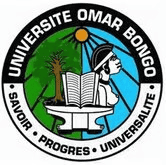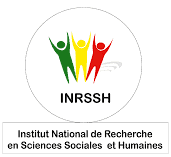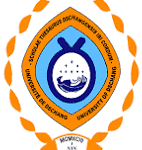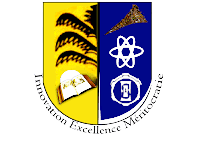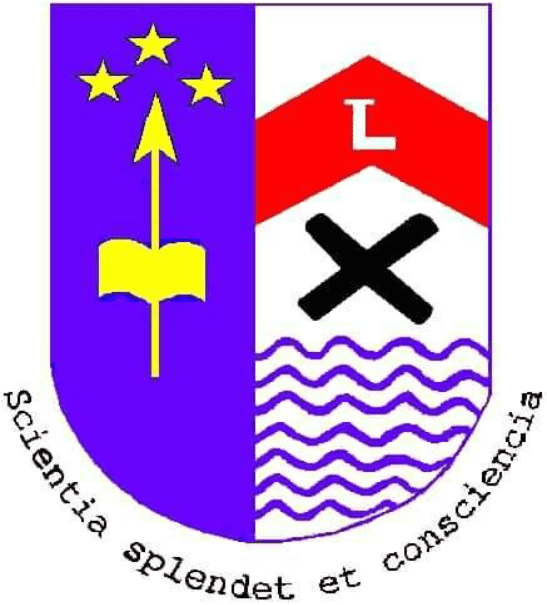The Socio-ecology Observatory focuses on understanding and enhancing the interactions between people and forest ecosystems in the Congo Basin. Recognising that sustainable forest management is fundamentally a socio-ecological challenge, the Observatory combines empirical research on community land use and governance with participatory approaches to data collection and decision-making.
Lead researchers and institutions
The Observatory is co-led by Prof Paulin Kialo (University of Omar Bongo and CENAREST, Gabon) and Prof Guy Moussavou (University of Marien Ngouabi), with support from Prof Jerome Lewis (University College London, UK), an anthropologist with extensive experience in Indigenous rights, participatory mapping, and forest governance.
The Observatory also includes five scholarships, with each student taking a one-year MRes (Masters by Research) at UCL, for training in social science methods, followed by registration at Omar Bongo University for the next three years for their PhD. The five trainees will conduct their PhD projects and fieldwork working with focal communities in Gabon, Republic of the Congo and DRC. To read more about the training programme for CRAFT scholars, visit the project page here.
Research objectives
The Observatory has three core aims:
- To understand the diversity of traditional territories and management in the region, using participatory mapping approaches.
- To select focal communities to build local capacity for environmental monitoring and analysis, using participatory science approaches.
- To improve local evidence-based decision-making, in order to empower communities to develop new solutions to improve forest management, such as direct payments for ecosystem services.
These aims are operationalised through fieldwork across selected landscapes in Cameroon, Gabon, the Republic of the Congo, and DRC. Participatory mapping will be used to document customary land tenure systems, natural resource use practices, and governance structures. This information is essential to align scientific and policy initiatives with existing community institutions. Participatory science methods, co-designed with communities, will enable local monitoring of rainfall, river levels, biodiversity, and forest cover—using simplified versions of protocols developed by the other Observatories. Training and equipment will be provided to community members, enabling them to track environmental changes and link this information to land-use decisions, food security, and climate resilience.
Links to other observatories
The Observatory will work closely with the Climate, Hydrology, Vegetation, Biodiversity and Land Cover Observatories to translate state-of-the-art science into participatory science methods for potential adoption by Indigenous Peoples and local communities (IPLC). Similarly, Socio-Ecology will work with the same Observatories to ensure that at least some of their methods work for IPLCs and that this new data can assist in the active management of IPLC territories whose land the Observatory scientists are working within.



